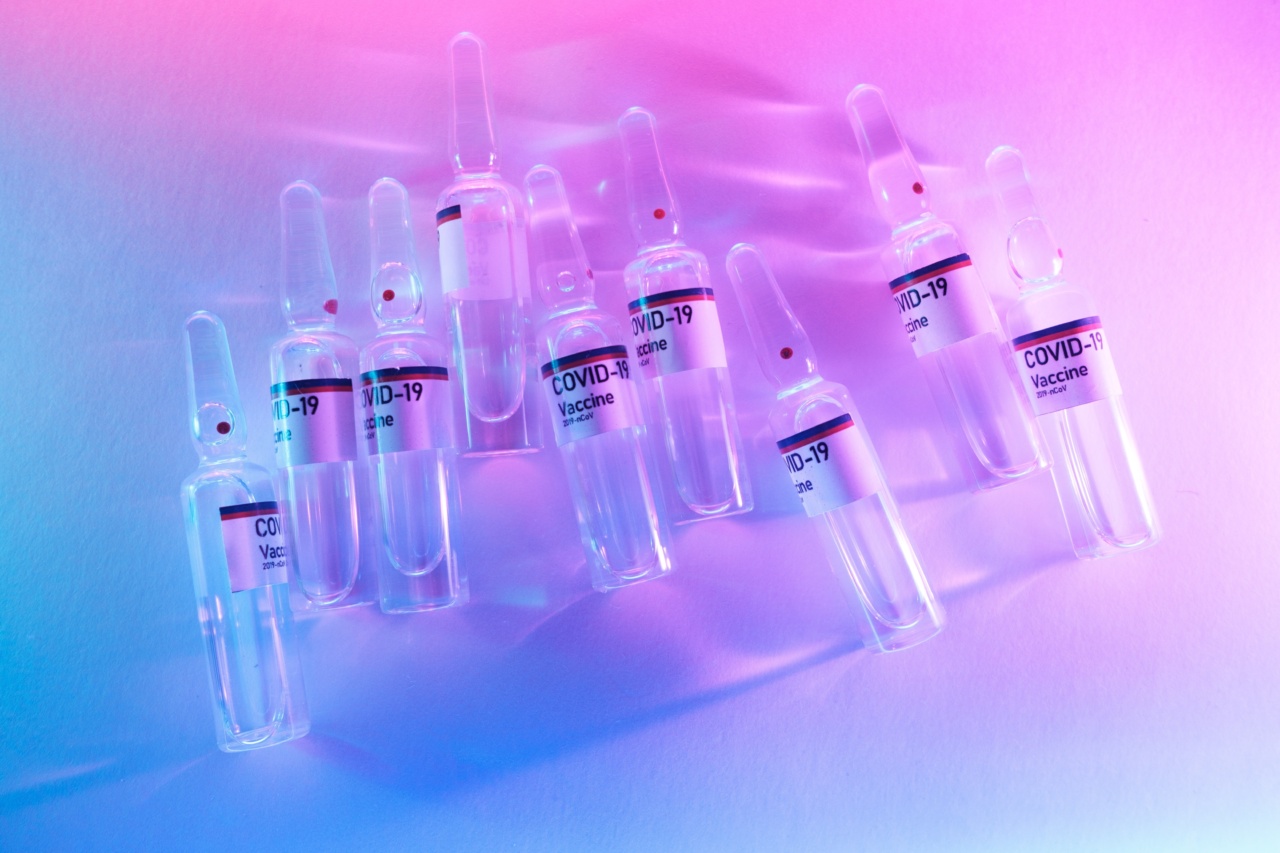When it comes to fighting cancer, researchers and medical professionals are constantly seeking innovative approaches to improve treatment outcomes and reduce side effects.
In recent years, a groundbreaking concept has emerged in the field of cancer treatment – the small dose solution. This approach challenges the conventional belief that high doses of treatments are necessary to combat cancer effectively. Instead, it explores the potential of using smaller, targeted doses to achieve significant results in crushing cancer cells.
The Power of Small Doses
The small dose solution is based on the understanding that cancer cells are highly adaptive and can develop resistance to traditional, high-dose treatments over time.
By administering smaller doses of treatments, researchers aim to exploit the vulnerabilities of cancer cells and disrupt their growth more effectively. This approach can potentially reduce the risk of resistance and minimize the debilitating side effects associated with aggressive treatments.
Targeting Cancer Cells
One of the key advantages of the small dose solution is the ability to precisely target cancer cells while avoiding damage to healthy cells.
Traditional high-dose treatments often affect healthy cells as well, leading to adverse side effects such as nausea, hair loss, and compromised immune function. By using smaller doses, the focus shifts to specifically attacking cancer cells, thereby reducing the collateral damage to healthy tissues.
The Role of Immunotherapy
Immunotherapy, a cutting-edge treatment approach in cancer research, plays a crucial role in the small dose solution. This innovative therapy stimulates the patient’s immune system to recognize and destroy cancer cells.
By combining immunotherapy with targeted small doses of traditional chemotherapy or radiation, researchers can create a powerful and strategic attack on cancer cells while harnessing the immune system’s ability to seek out and destroy them.
Personalized Medicine and Small Doses
Personalized medicine, an emerging field in healthcare, focuses on tailoring treatments to an individual’s unique genetic makeup and tumor characteristics.
The small dose solution aligns perfectly with this approach by allowing medical professionals to customize treatment plans for each patient. By analyzing specific genetic mutations or biomarkers, doctors can determine the most effective small dose treatment regimen to achieve optimal results.
Breaking Down Resistance
One of the biggest challenges in cancer treatment is the development of resistance to traditional therapies. Cancer cells can adapt and develop mechanisms to render these treatments ineffective over time.
The small dose solution aims to tackle this problem by continuously evolving treatment regimens based on the characteristics and behaviors of cancer cells. By keeping cancer cells on their toes with a variety of small doses, researchers hope to break down resistance and maintain treatment effectiveness.
A Shift in Treatment Paradigm
The small dose solution represents a significant shift in the traditional treatment paradigm for cancer.
By challenging the notion that higher doses are always better, researchers are opening up new possibilities and avenues for more effective and targeted treatment strategies. This approach has the potential to revolutionize cancer treatment and improve outcomes for patients worldwide.
Transforming Cancer Care
As research into the small dose solution continues to progress, it is evident that this approach has the potential to transform cancer care.
By minimizing the toxicity associated with high-dose treatments, patients can experience fewer side effects and maintain a better quality of life during their cancer journey. Additionally, the small dose solution opens doors for combination therapies, where different treatments can be used synergistically to maximize the impact on cancer cells.
The Future of Cancer Treatment
The small dose solution offers a glimpse into the future of cancer treatment. While further research and clinical trials are essential, the initial results are promising.
By utilizing smaller doses of treatments, medical professionals can tap into the unique vulnerabilities of cancer cells and enhance treatment efficacy. As technology advances and our understanding of cancer biology deepens, the small dose solution may become a cornerstone in the fight against cancer.
Conclusion
The small dose solution is a groundbreaking concept that challenges the traditional belief in high-dose cancer treatments.
By exploiting the vulnerabilities of cancer cells and utilizing smaller, targeted doses, researchers aim to achieve significant results in crushing cancer. This approach offers the potential to revolutionize cancer treatment, reduce side effects, and improve outcomes for patients.
As we continue to unravel the intricacies of cancer biology, it is clear that the small dose solution has the power to reshape the future of cancer care.























